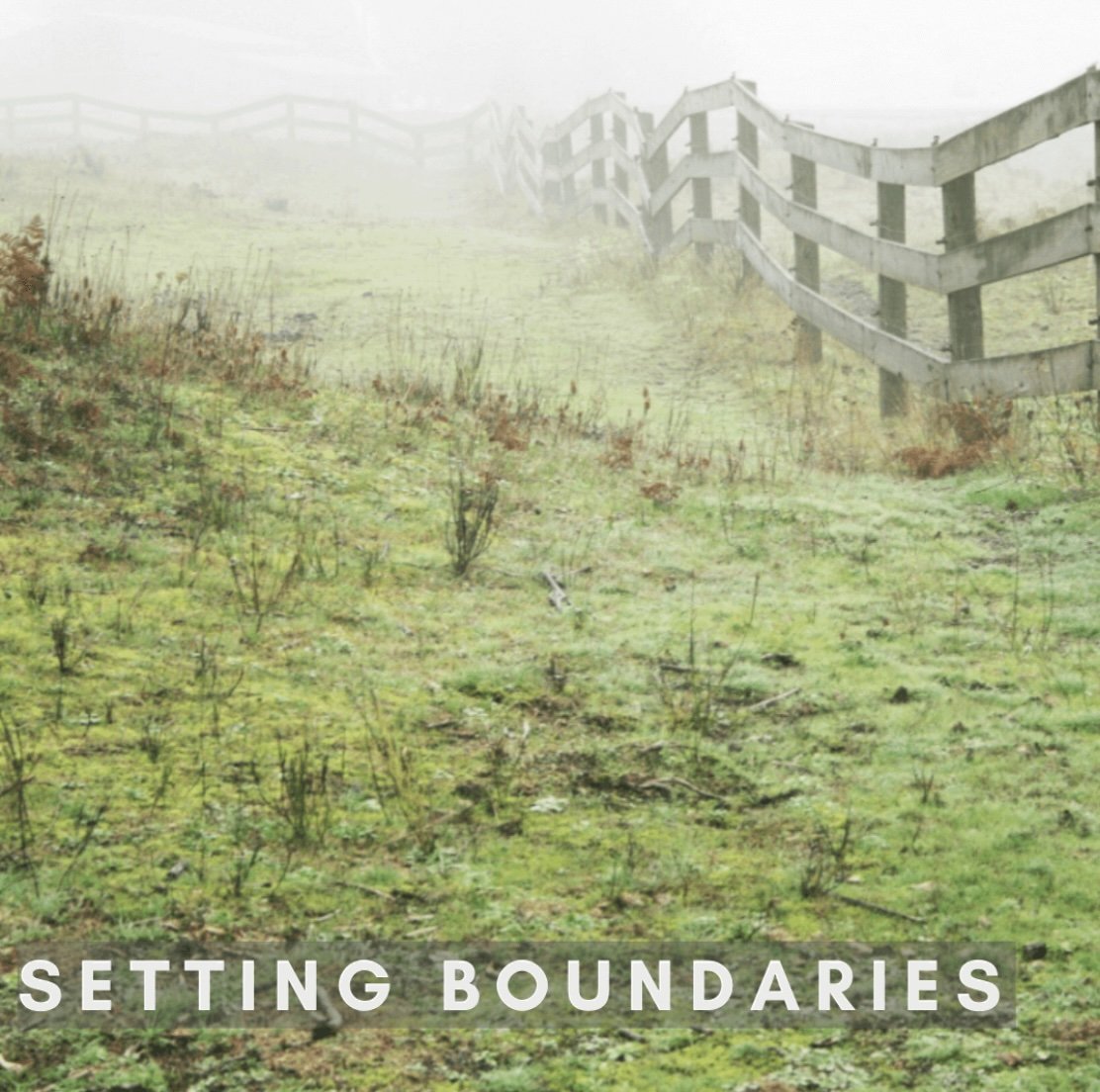Setting Boundaries
Setting Boundaries: Navigating the Space Between Self and Others
In many professional and personal contexts, we are encouraged—explicitly or implicitly—to sacrifice everything in the service of work, family, or community. While dedication and generosity are valued, they often come at the expense of an essential skill: the ability to set and maintain healthy boundaries. Without well-defined boundaries, we become vulnerable to burnout, resentment, and (self-)exploitation.
This workshop offers a structured yet open space for individual and group-based reflection on the complexities of boundary setting. Rather than approaching boundaries as rigid barriers, we explore them as dynamic, context-dependent negotiations that shape relationships, energy, and well-being.
Through guided exercises, discussion, and real-world case studies, we examine:
The different types of boundaries—emotional, physical, professional, and digital—and how they interact.
How cultural, societal, and personal narratives influence our ability to assert boundaries.
Strategies for recognizing when boundaries have been crossed and how to address this effectively.
The role of boundaries in fostering creativity, autonomy, and sustainable professional relationships.
Setting boundaries is far more nuanced than simply saying "no." It is an ongoing practice of self-awareness, communication, and recalibration. Participants will leave with a deeper understanding of their personal boundary patterns and practical tools to navigate boundary-setting with clarity and confidence.
About Heather:
Heather O’Donnell is a psychologist (M.Sc.), Artistic-Systemic Therapist (DGSF), and the founding director of TGR The Green Room. Drawing on her own transformative journey from professional pianist to therapist after career-disrupting injuries, Heather has spent years developing innovative approaches to support individuals seeking health recovery, self-actualization, and sustainable well-being.
Her academic path began with a B.Sc. in Psychology from Freie Universität Berlin, followed by an M.Sc. in Prevention and Health Psychology from SRH Hochschule. She also holds a certificate in Musicians’ Health from the Kurt Singer Institute / Universität der Künste Berlin and is trained as a mindfulness teacher (MTTC) by Christopher Titmuss and Ulla König and as an Artistic-Systemic Therapist (DGSF).
Heather specializes in helping clients move beyond dead-end situations, exploring the root causes of blockages and uncovering blind spots. She works with individuals navigating illness and health challenges, career transitions, and major life restructurings. Having lived across multiple continents, Heather also supports clients in understanding and navigating intercultural dynamics, providing guidance rooted in personal experience and cultural insight.
Beyond her one-on-one work, Heather advises organizations on systemic change and leadership development, fostering healthier, more sustainable workplace cultures. She has presented at international conferences, including the Performing Arts Medicine Association (PAMA) Symposium at University College London (2024) and Weill Cornell Medical Center in New York City (2017, 2021), the European Network of Cultural Centers’ (ENCC) conference in Spain (2022), OTM On The Move’s forum on Mental Health & International Cultural Mobility (2023), the World Piano Conference in Serbia (2016), and the Max Planck Institute for Human Development in Germany (2015).
As a guest lecturer, Heather has worked with institutions such as Columbia University, the New England Conservatory, Rhodes University in South Africa, and the Lebanese Higher Conservatory of Music. From 2017 to 2019, she served as a faculty member at the Eastman School of Music, offering workshops on well-being and professional development. In 2024, she was elected to the Board of Directors of the European Network of Cultural Centres (ENCC).
Heather’s mission is to help clients (re)discover their potential, find resilience, and design ways of living that align with their values and aspirations.

